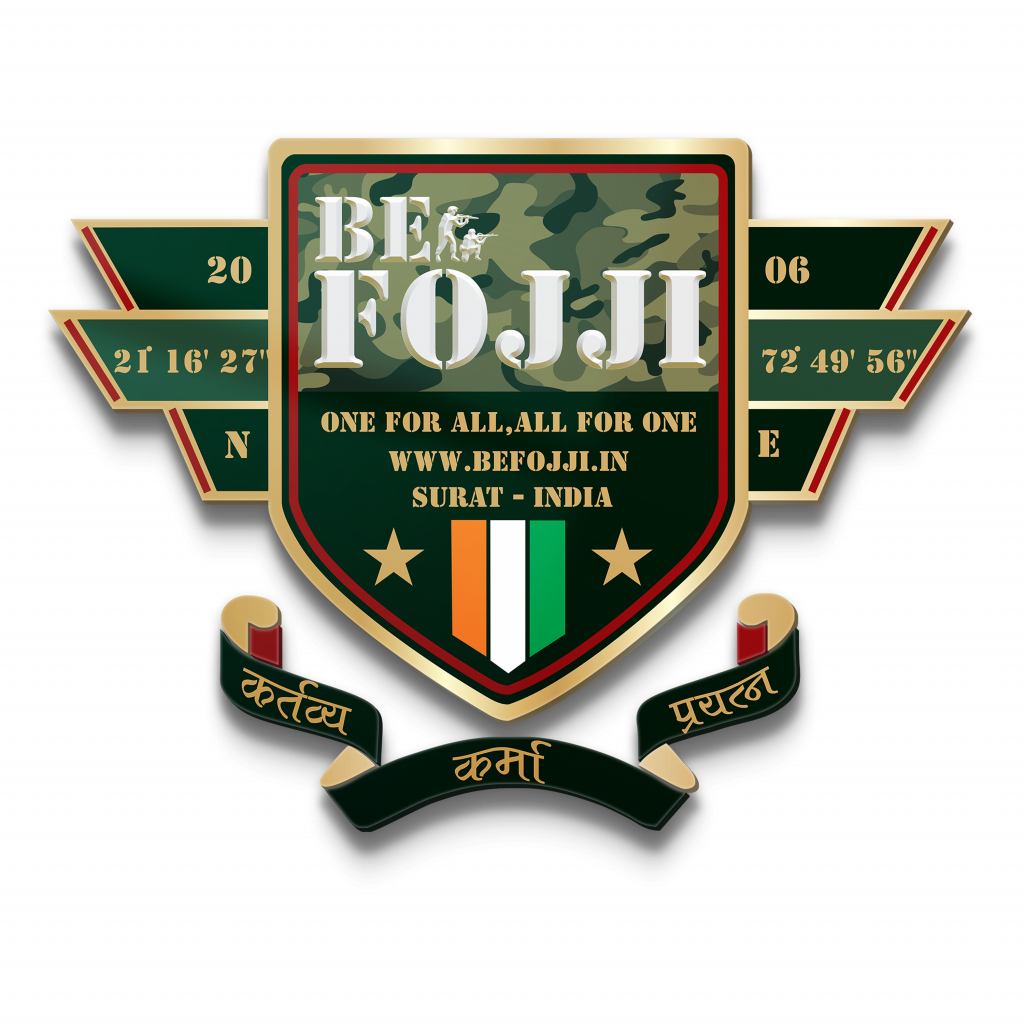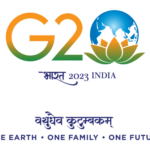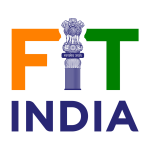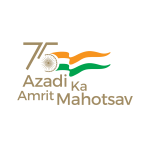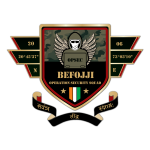| Name |
Birth |
Death |
Activity |
| Maveeran alagumuthu kone |
1728 |
1759 |
Defeated by the British and haliyal’s forces and executed in 1759. |
| Puli thevar |
1715 |
1767 |
Ruled Nerkattumseval and fought and defeated the British and Nawab of Arcot in 1755. |
| Velu Nachiyar |
1730 |
1796 |
She was the first queen to fight against the British colonial power in India. |
| Jayi Rajaguru |
1739 |
1806 |
He was a prominent figure of Indian independence movement in the state of odisha |
| Maruthu Pandiyar |
1748 |
1801 |
Maruthu Brothers are good in aerodynamics and invented many variants of spears and Valari. |
| Pazhassi Raja |
1753 |
1805 |
Used guerrilla warfare to fight British in Cotiote War (Kottayathu war) across a span of thirteen years from 1793 to 1806 to preserve the independence and unity of his kingdom and was killed in 1805 in a gun-fight at Mavila Thodu in the present day Kerala-Karnataka border. |
| Veerapandiya Kattabomman |
1760 |
1799 |
He refused to accept the sovereignty of the British East India Company and waged a war against them. |
| Kittur chennamma |
1778 |
1829 |
Was an Indian freedom fighter and Rani of the Kittur, a former princely state in Karnataka. She led an armed force against the British East India Company in 1824 in defiance of the doctrine of lapse in an attempt to maintain Indian control over the region, but was defeated in the third war and died imprisoned. The one of the female rulers to rebel against British rule (earlier first indian queen velu nachiyair madurai), she has become a folk hero in Karnataka and symbol |
| Sangoli rayanna |
1798 |
1831 |
Was an Indian military chief warrior from Karnataka. He was the army chief of the Kingdom of Kittur ruled at the time by Rani Chennamma and fought the British East India Company till his death. |
| Uyyalawada Narasimha Reddy |
1805 |
1847 |
In 1846, he led an uprising in Andhra Pradesh. He was executed by the British by hanging. |
| Ahmadullah Shah |
1787 |
1857 |
Leader of various battles for freedom like Battle of Chinhat, Siege of Lucknow, Capture of Lucknow, Chapati Movement. |
| Mangal Pandey |
1827 |
1857 |
Early martyr of Indian rebellion. Pandey was a soldier of the British Indian army, but rebelled against it. He was executed on 8 April 1857 in Barrackpore. |
| V. O. Chidambaram Pillai |
1872 |
1936 |
He launched the first indigenous Indian shipping service between Tuticorin and Colombo with the Swadeshi Steam Navigation Company, competing against British ships. |
| Vallabhbhai Patel |
1875 |
1950 |
Founding father of Republic of India who played leading role in country’s struggle towards indepndence and integration of united India. |
| Subramania Bharati |
1882 |
1921 |
Wrote many fiery songs kindling patriotism and nationalism during Indian Independence . |
| Alluri Sitarama Raju |
1897 |
1924 |
Leader of the Rampa Rebellion of 1922. |
| Bhagat Singh |
1907 |
1931 |
Worked with several revolutionary organisations and became prominent in the Hindustan Republican Association (HRA). |
| Aruna Asaf Ali |
1909 |
1996 |
She is widely remembered for hoisting the Indian National Congress flag at the Gowalia Tank maidan in Bombay during the Quit India Movement, 1942. |
| Shambhu Dutt Sharma |
1918 |
2016 |
Joined Quit India Movement in 1942. Hon. General Secretary of GSB (Gandhian Satyagraha Brigade). Founder of Transparency International India. Sharma’s team was known as Gandhian Seva Brigade. |
| Tanguturi Prakasam |
1872 |
1957 |
Pantulu was an Indian politician and freedom fighter, chief minister of the Madras Presidency, and subsequently became the first chief minister of the new Andhra state, created by the partition of Madras State along linguistic lines. He was also known as Andhra Kesari (Lion of Andhra). The Andhra Pradesh government declared his birth anniversary a state festival. |
| Khudiram Bose |
1889 |
1908 |
Bose planted bombs near British government officials and police stations. Due to his activities against the British, he was arrested and hanged. At the time of his hanging, he was 18 years, 8 months 8 days old, making him one of the youngest revolutionaries in India. |
| Chandra Shekhar Azad |
1906 |
1931 |
Azad (“The Free”), was an Indian revolutionary who reorganised the Hindustan Republican Association under its new name of Hindustan Socialist Republican Association (HSRA) after the death of its founder, Ram Prasad Bismil, and three other prominent party leaders, Roshan Singh, Rajendra Nath Lahiri and Ashfaqulla Khan. |
| Chittaranjan Das |
1869 |
1925 |
Das founded the Swaraj party in Bengal, became leader in Non-cooperation Movement in Bengal. |
| Komaram Bheem |
1901 |
1940 |
Bheem was a tribal leader who fought for the liberation of Hyderabad. |
| Ram Prasad Bismil |
1897 |
1927 |
Kakori conspiracy |
| Udham Singh |
1899 |
1940 |
Shooting in Caxton Hall. |
| Hemu Kalani |
1923 |
1943 |
Sabotage of railway track. |
| Ashfaqulla Khan |
1900 |
1927 |
Kakori conspiracy |
| Sachindra Bakshi |
1904 |
1984 |
Kakori conspiracy |
| Manmath Nath Gupta |
1908 |
2000 |
Kakori conspiracy |
| Vasudev Balwant Phadke |
1845 |
1883 |
Deccan Rebellion |
| Matangini Hazra |
1870 |
1942 |
Active member of Quit India Movement, shot dead by British at the age of 71. |
| Anant Laxman Kanhere |
1891 |
1910 |
Shooting of British officer Jackson. |
| Vanchinathan |
1886 |
1911 |
Shooting of British Collector/District Magistrate Robert William Escourt Ashe. |
| Krishnaji Gopal Karve |
1887 |
1910 |
Shooting of British officer Jackson. |
| Ganesh Damodar Savarkar |
1879 |
1945 |
Armed movement against the British. |
| Vinayak Damodar Savarkar |
1883 |
1966 |
Father of Hindu Nationalism, was jailed at Cellular Jail in 1911. He founded the Abhinav Bharat Society with his brother. He was also the President of Hindu Mahasabha |
| Bagha Jatin |
1879 |
1915 |
The Howrah-Sibpur conspiracy case, Indo-German Conspiracy. |
| Batukeshwar Dutt |
1910 |
1965 |
Central Assembly Bomb Case 1929. |
| Sukhdev Thapar |
1907 |
1931 |
Central Assembly Bomb Case 1929 |
| Shivaram Rajguru |
1908 |
1931 |
Associate of Bhagat Singh and Sukhdev Thapar in Hindustan Socialist Republican Association. Murder of a British police officer J. P. Saunders. |
| Roshan Singh |
1892 |
1927 |
Kakori conspiracy, Bamrauli Action |
| Prabhavati Devi |
1906 |
1973 |
Gandhian leader. Wife of Jayaprakash Narayan. |
| Pritilata Waddedar |
1911 |
1932 |
Pahartali European Club attack |
| Jatindra Nath Das |
1904 |
1929 |
Hunger strike and Lahore conspiracy case |
| Durgawati Devi |
1907 |
1999 |
Running the bomb factory. |
| Bhagwati Charan Vohra |
1904 |
1930 |
Philosophy of the Bomb |
| Madan Lal Dhingra |
1883 |
1909 |
Assassination of Curzon Wyllie. |
| Alluri Sitarama Raju |
1897 |
1924 |
Rampa Rebellion of 1922 |
| Kushal Konwar |
1905 |
1943 |
Train sabotage at Sarupathar. |
| Surya Sen |
1894 |
1934 |
President of Indian National Congress Chittagong Branch, mastermind of Chittagong armoury raid. |
| Ananta Singh |
1903 |
1979 |
Chittagong armoury raid |
| Ganesh Ghosh |
1900 |
1994 |
Chittagong armoury raid |
| Sri Aurobindo |
1872 |
1950 |
Alipore bomb case |
| Rash Behari Bose |
1886 |
1945 |
Indian National Army |
| Ubaidullah Sindhi |
1872 |
1944 |
Silk Letter Conspiracy |
| Lokenath Bal |
1908 |
1964 |
Chittagong armoury raid |
| Jogesh Chandra Chatterjee |
1895 |
1969 |
Kakori conspiracy |
| Baikuntha Shukla |
1907 |
1934 |
Assassination of Phanindra Nath Ghosh, a British government approver. |
| Ambika Chakrabarty |
1892 |
1962 |
Chittagong armoury raid |
| Badal Gupta |
1912 |
1930 |
Attack at Writers Building |
| Dinesh Gupta |
1911 |
1931 |
Attack at Writers Building |
| Benoy Basu |
1908 |
1930 |
Attack at Writers Building |
| Rajendra Lahiri |
1901 |
1927 |
Kakori conspiracy |
| Barindra Kumar Ghosh |
1880 |
1959 |
Alipore bomb case |
| Prafulla Chaki |
1888 |
1908 |
The Muzaffarpur killing. |
| Ullaskar Dutta |
1885 |
1965 |
Alipore bomb case |
| Bhupendra Kumar Datta |
1892 |
1979 |
Member of Anushilan Samiti. |
| Ramesh Chandra Jha |
1925 |
1994 |
Sugauli police station robbery. |
| Hemchandra Kanungo |
1871 |
1951 |
Alipore bomb case |
| Surendranath Tagore |
1872 |
1940 |
Involved in the Swadeshi movement in Bengal, in opposition to the 1905 partition of Bengal. |
| Basawon Singh (Sinha) |
1909 |
1989 |
Lahore conspiracy case |
| Bhavabhushan Mitra |
1881 |
1970 |
Ghadar Mutiny |
| Bina Das |
1911 |
1986 |
Attempted to assassinate the Bengal Governor Stanley Jackson. |
| Kalpana Datta |
1913 |
1995 |
Indian Independence Movement, also part of the Chittagong armoury raid planning. |
| Kartar Singh Sarabha |
1896 |
1915 |
Most famous accused in the Lahore conspiracy trial. |
| Shyamji Krishna Varma |
1857 |
1930 |
Founded the Indian Home Rule Society, India House and “The Indian Sociologist” in London. |
| Subhas Chandra Bose |
1897 |
? |
Founded the Indian Legion and revamped the Indian National Army. |
| Binod Bihari Chowdhury |
1911 |
2013 |
Chittagong armoury raid |
| Bhupendranath Datta |
1880 |
1961 |
Indo-German Conspiracy, member of Anushilan Samiti. |
| Amarendranath Chatterjee |
1880 |
1957 |
Indo-German Conspiracy |
| Atulkrishna Ghosh |
1890 |
1966 |
Indo-German Conspiracy |
| Subodh Roy |
1916 |
2006 |
Chittagong armoury raid, Tebhaga movement |
| Maulvi Liaquat Ali |
1812 |
1892 |
Captured Khusro Bagh in Allahabad and declared “independence” of India. |
| Asaf Ali |
1888 |
1953 |
Indian national movement |
| Rani of Jhansi |
19 November 1828, Varanasi |
18 June 1858, Gwalior |
Rani Laxmi Bhai was one of the leading figures of the Indian Rebellion of 1857 and became a symbol of resistance to the British Raj for Indian nationalists. |
| S. Satyamurti |
1887 |
1943 |
Mayor of Madras, President of the Madras District Congress Party Committee, Advocate of the High Court of Madras, Senior Advocate of the Federal Court of India, Deputy leader of the Congress party, Member of the Indian Legislative Assembly. |
| Shaukat Ali |
1873 |
1938 |
Maulana, “Shaukat Ali”, his brother “Mohammad Ali” and their mother “Bi Amman”, played an incredible role in the freedom movement of India against the British Imperialism. These brave freedom fighters were unmitigated champions of Hindu-Muslim unity who endorsed the Hindus and the Muslims to fight together in the struggle for independence from the British forgetting their religious feelings and thinking only they are Indians, they were the ambassadors of Hindu-Muslim Unity. They were arrested and imprisoned from 1921 to 1923 for his support to Mahatma Gandhi and the Indian National Congress during the Non-Cooperation Movement (1919–1922). |
| Sushila Chain Trehan |
1923 |
2011 |
Leading member of Arya Samaj who fought for women’s rights. |
| Bal Gangadhar Tilak |
1856 |
1920 |
Tilak was one of the first and strongest advocates of Swaraj (“self-rule”) and a strong radical in Indian consciousness. |
| Bipin Chandra Pal |
1858 |
1932 |
Member of Swaraj |
| Lala Lajpat Rai |
1865 |
1928 |
Member of Swaraj |
| Alekh Patra |
1923 |
1999 |
Member of Congress, sarvodaya, who participated in the freedom movement at the age of about 18. |
| Mohandas Karamchand Gandhi |
1869 |
1948 |
Was the preeminent leader of the Indian independence movement in British-ruled India. Employing non-violent civil disobedience, Gandhi led India to independence and inspired movements for civil rights and freedom across the world. |
| Jawahar Lal Nehru |
1889 |
1964 |
First prime minister of India, a paramount leader of Indian independence under the tutelage of M. K. Gandhi |

